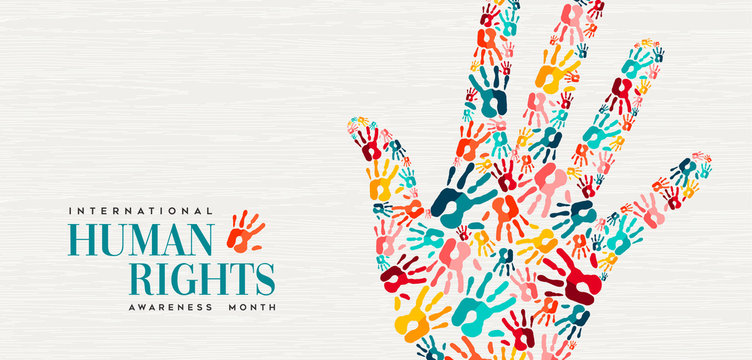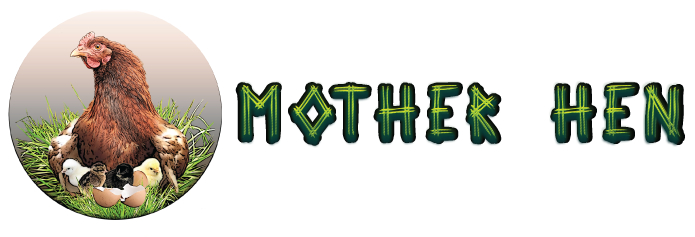We would love to hear how these tools and tips are working for you once you have implemented them (info@2motherhens.com).
** Consistency is one of the most important aspects of effective parenting **
Alternative Forms of Therapy
In the pursuit of social-emotional well-being, traditional talk therapy can be incredibly effective. However, alternative therapies provide unique and powerful ways to support emotional growth, self-awareness, and healing. These therapies often engage individuals in creative, experiential, or physical activities, making them excellent options for children, teens, and adults alike. Below, we’ve highlighted various therapies and who might benefit most from them.
1. Equine-Assisted Therapy
What It Is: Equine therapy involves interacting with horses under the guidance of a trained therapist. Activities may include grooming, feeding, and leading horses.
Who It Helps Most:
- Individuals struggling with trauma or post traumatic stress disorder (PTSD) who need a non-verbal way to process emotions.
- Children and teens with anxiety, depression, or autism spectrum disorder (ASD) who benefit from sensory regulation.
- Those looking to build trust, self-esteem, or empathy in a safe, supportive environment.
Benefits: - Enhances emotional regulation and self-awareness.
- Builds trust, empathy, and communication skills.
- Reduces stress and anxiety through the calming presence of horses.
2. Art Therapy
What It Is: Art therapy uses creative expression through drawing, painting, sculpting, or other mediums to explore emotions and experiences.
Who It Helps Most:
- Children, teens, or adults who find it difficult to express themselves through words.
- Those dealing with grief, trauma, or low self-esteem.
- Individuals with attention-deficit/hyperactivity disorder (ADHD), anxiety, or depression who benefit from structured creative outlets.
Benefits: - Offers a non-verbal outlet for expressing complex emotions.
- Encourages self-exploration and boosts self-esteem.
- Reduces stress and fosters relaxation.
3. Music Therapy
What It Is: Music therapy involves listening to, creating, or moving to music as a way to process emotions and promote well-being.
Who It Helps Most:
- Children and teens with autism spectrum disorder (ASD) or sensory processing issues.
- Individuals experiencing social isolation, anxiety, or depression.
- Those who connect strongly to music as a form of self-expression.
Benefits: - Helps individuals connect with and express emotions.
- Improves mood and reduces symptoms of anxiety and depression.
- Encourages social interaction and communication skills through group activities.
4. Animal-Assisted Therapy
What It Is: This therapy integrates interactions with animals, such as dogs or cats, into the therapeutic process.
Who It Helps Most:
- Individuals with trauma, depression, or anxiety who find comfort in animals.
- Children and teens with autism spectrum disorder (ASD) or attention-deficit/hyperactivity disorder (ADHD), who benefit from a calming presence.
- Those who struggle with trust or attachment issues.
Benefits: - Promotes relaxation and reduces anxiety.
- Increases feelings of connection and companionship.
- Encourages motivation and engagement in therapy.
5. Yoga and Mindfulness-Based Therapy
What It Is: This approach incorporates yoga poses, breathing exercises, and mindfulness techniques to enhance mental and emotional health.
Who It Helps Most:
- Individuals experiencing stress, anxiety, or emotional dysregulation.
- Teens and adults with trauma or chronic pain.
- Those looking for a holistic approach to emotional and physical well-being.
Benefits: - Reduces stress and increases relaxation.
- Improves focus, self-regulation, and resilience.
- Encourages body awareness and a sense of grounding.
6. Adventure Therapy
What It Is: Adventure therapy involves outdoor activities such as hiking, rock climbing, or team-building exercises to promote emotional and social development.
Who It Helps Most:
- Teens and young adults with behavioral challenges or low self-esteem.
- Individuals recovering from substance use disorders or dealing with trauma.
- Those who thrive in hands-on, experiential learning environments.
Benefits: - Builds confidence and problem-solving skills.
- Strengthens social bonds and teamwork.
- Fosters a sense of accomplishment and resilience.
7. Play Therapy
What It Is: Play therapy is a child-centered approach that uses play to help children express their emotions and experiences.
Who It Helps Most:
- Young children ages 3-12 experiencing trauma, grief, or family issues.
- Children with behavioral challenges or social-emotional delays.
- Those struggling with anxiety, attachment issues, or adjusting to life changes (e.g., divorce).
Benefits: - Encourages self-expression in a safe and familiar way.
- Helps children process trauma or difficult emotions.
- Enhances problem-solving and social skills.
How to Get Started
If you are interested in exploring any of these therapies, reach out to local practitioners or organizations specializing in these approaches. Many schools, community centers, and mental health providers offer programs or can connect you with resources.
Alternative therapies provide unique opportunities for individuals to connect with themselves and others in meaningful ways. Whether through the calming presence of animals, creative expression, or outdoor adventures, these methods can complement traditional therapy or stand alone as powerful tools for healing and growth.

We Are Celebrating
Human Rights Day
Human Rights Day highlights the importance of equality, freedom, and respect for everyone and emphasizes the rights and dignity of all individuals worldwide.

For those of our subscribers who find themselves in need and financially challenged, please be sure to reach out to us so that we can be of assistance.
Donations
Mother Hen is passionately committed to lending a helping hand to the underserved within the communities we serve. We are appreciative of any and all donations provided here. These donations will be used in entirety to provide services for underserved families as well as fulfill other specific outreach needs.
Outreach Initiatives:
- Community If your business would like to become a corporate sponsor and join us in supporting the community, please contact us directly.
- Family ServicesYour family service donation will directly help a family receive professional parental coaching sessions or services in navigating the school system to get the proper accommodations for their child to succeed academically.
- Corporate SponsorIf your business would like to become a corporate sponsor and join us in supporting the community, please contact us directly.
